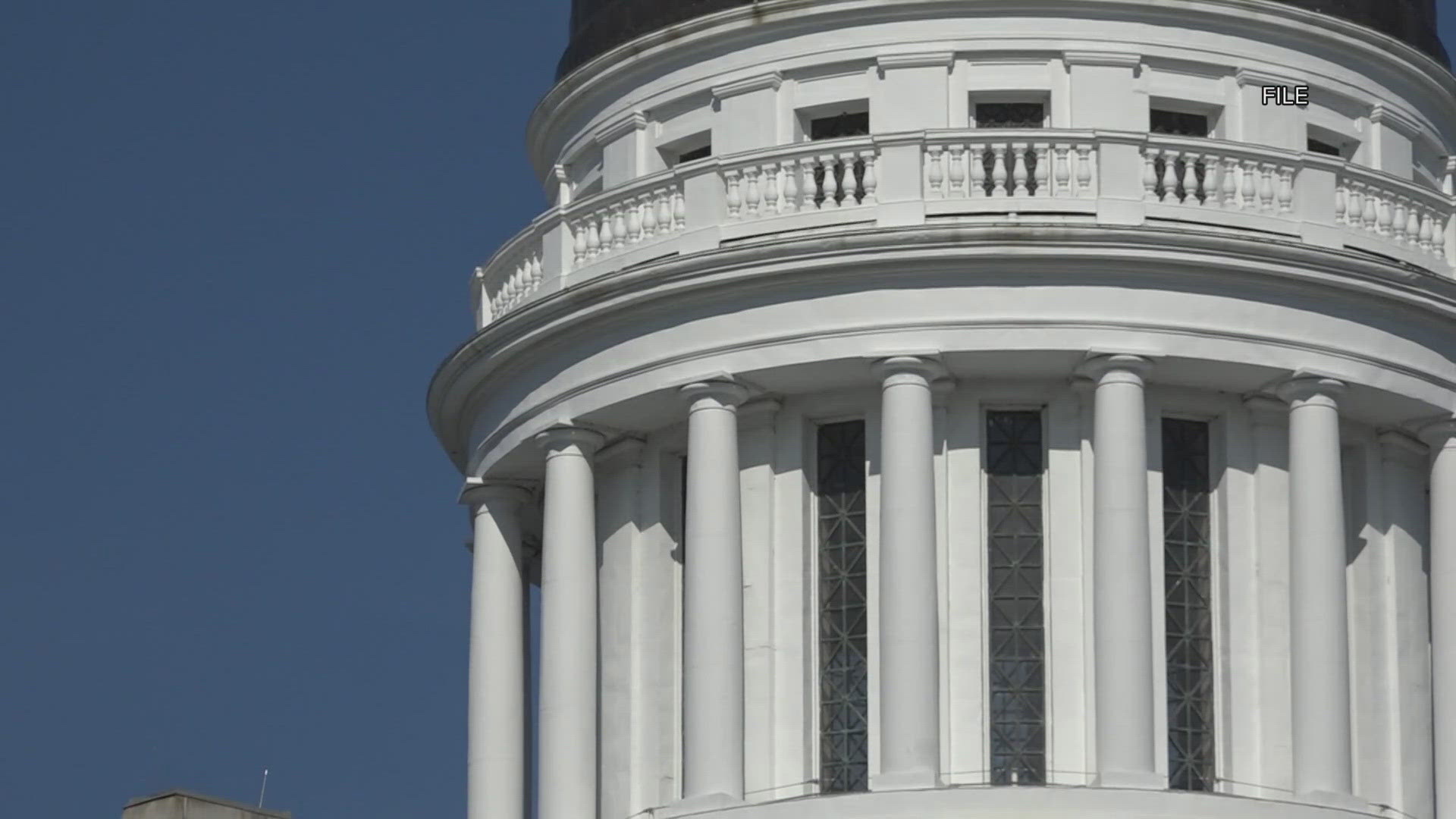AUGUSTA, Maine — Fewer candidates running for state legislature are relying on campaign funding from the Maine Clean Election Act, or MCEA, according to new data shared by the Maine Ethics Commission.
Fifty-six percent of candidates in the 2024 general election have opted into the program, compared with 60% of candidates in 2022.
Passed by referendum in 1996, the MCEA funds most of a candidate’s campaign for legislature or governor. In return, the candidate does not take private contributions beyond a small amount allowed at the beginning of their run.
The financial goal is to lower the barrier of entry for aspiring politicians and rid state races of big-money influence.
Martha Currier, the assistant director of the Maine Ethics Commission—the body responsible for regulating MCEA—said the latest numbers are not out of the norm.
"It’s a pretty regular election cycle for us here in terms of participation," Currier said. "Every election cycle seems to bring out maybe different spending habits."
But while the ebbs and flows in participation may have been small in recent years, the share of clean elections candidates now compared to a few decades ago is stark.
In 2006 and 2008, eight of every ten candidates were funded by the MCEA—leaving a small minority choosing the path of traditional financing.
Much of that dip can be traced to the U.S. Supreme Court decision in the Arizona Free Enterprise Club’s Freedom Club PAC v. Bennet in 2011, when the justices voted 5-4 against Arizona’s campaign fund matching program. As a result, money from the Maine Clean Election Act could no longer go towards contributions to qualified candidates given to match those candidates’ opponents.
"That meant you couldn’t make up money for clean elections candidates when they’re being outspent by traditional candidates," James Melcher, a professor of political science at the University of Maine at Farmington, said.
In addition to a drop in participation in the wake of the court’s decision, another shift began in the mid-2010s.
"The percentage of Republicans who have taken it has dropped slightly," Melcher added.
In 2006, 70% of GOP candidates for the Maine House and 86% for the Maine Senate participated in Maine Clean Election Act funding. In 2024, that rate is 30% and 59%, respectively.
Melcher credits this to a changing attitude. While many Republicans do take advantage of the clean elections program, some see it as fiscally irresponsible. A party official points to the millions of taxpayer dollars that have gone to campaign mail and lawn signs over the years, arguing the benefits only extend to the candidates themselves.
"Some Republicans call this 'welfare for politicians,'" Melcher explained.
Still, while this first-of-its-kind program cracks along party lines, supporters are quick to praise the Maine Clean Election Act as a tool that, at large, has encouraged more people to run for office and stay competitive with well-funded opponents.
"It’s been a really remarkable success that we've had this program so consistently for so long," Anna Kellar, executive director of Maine Citizens for Clean Elections, said.

